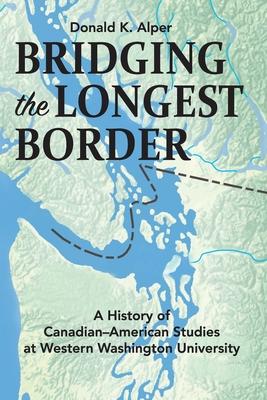Canada and the United States share the longest border in the world, yet Canada goes largely unnoticed by Americans. Even those living in the Northwest corner of Washington State, where Canada is so much a part of family ties, business interactions, and the remarkable natural environment, largely ignore Canada. This book is about how a handful of visionaries and one university-Western Washington University-built a program focused on educating students and the broader public about Canada, with emphasis on the Cascadia region of Washington and British Columbia. Western's Canadian-American Studies Program is more than an academic endeavor designed for university students. From its beginnings, Canadian-American Studies has been focused on strengthening political and cultural ties between our two countries, while hopefully fostering mutual respect and trust across a border that is often taken for granted by Americans and Canadians alike. As part of this educational undertaking, the program has attempted to convey practical knowledge useful for making better policy decisions to benefit both nations.
Although an account of history, this book is also part memoir. As one of the earliest members of the program, and its director for 21 years, it's been part of my own history as well. Now retired, and still living mere miles from the border, I remain convinced that ongoing education is necessary to deepen the myriad bonds between our two countries.
Finally, this book is an account of the pivotal role an early-1900s, two-story house played in influencing how Canada and the United States viewed each other and found common ground. It is a story of how this house-Canada House, located on the university campus in the topmost corner of the state-has become iconic of the affection and respect we in northwest Washington have for our northern neighbor.
